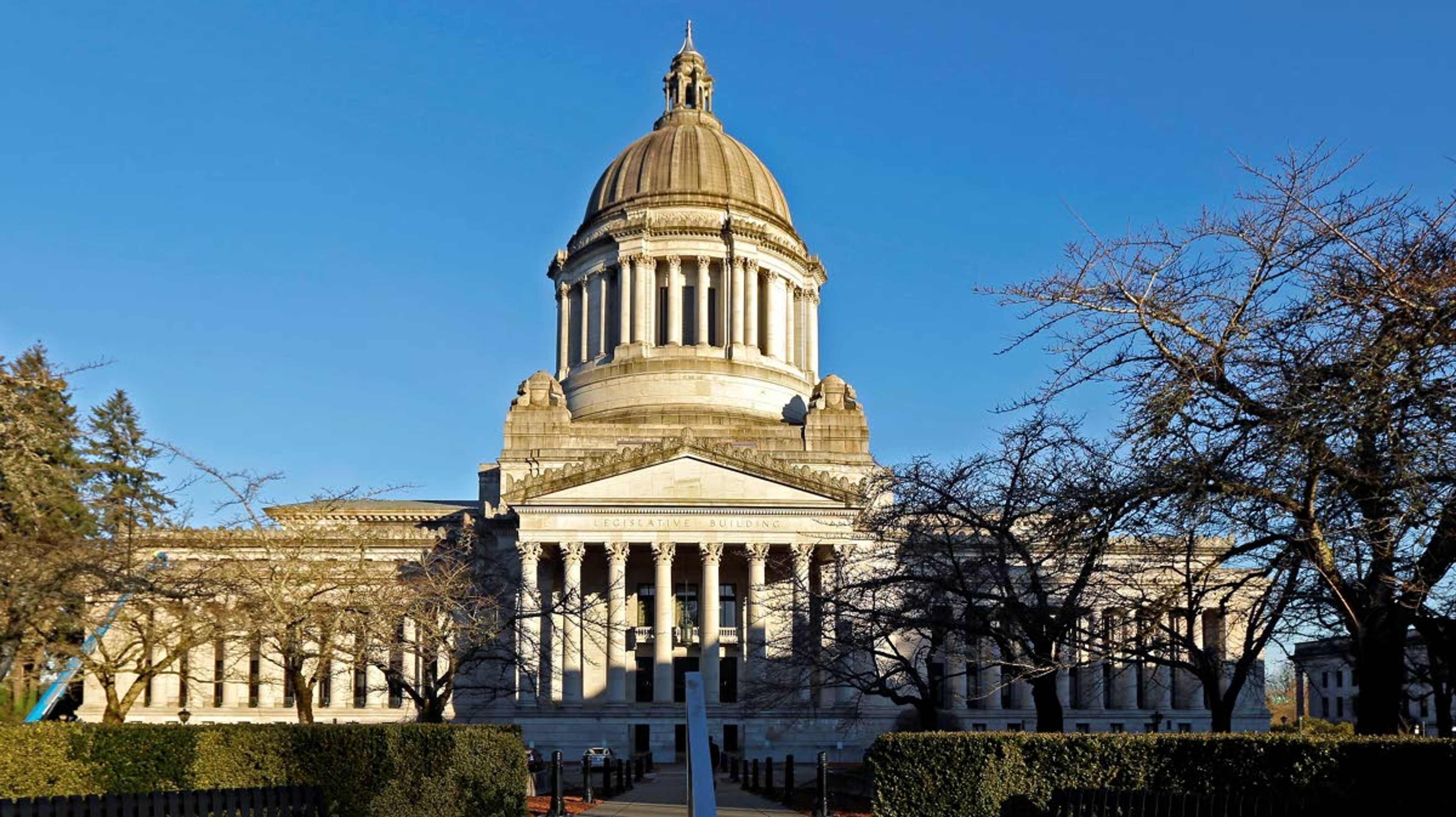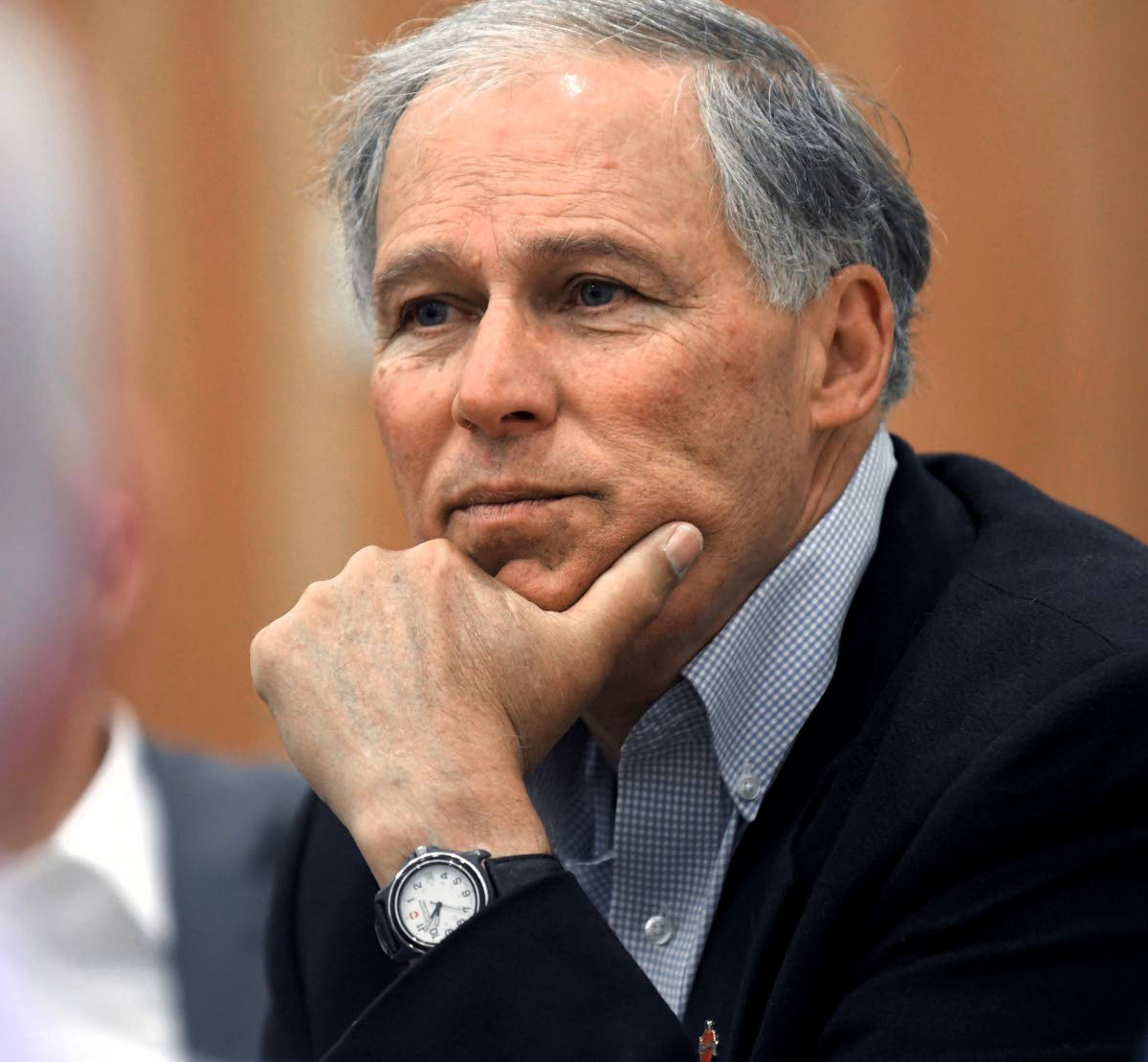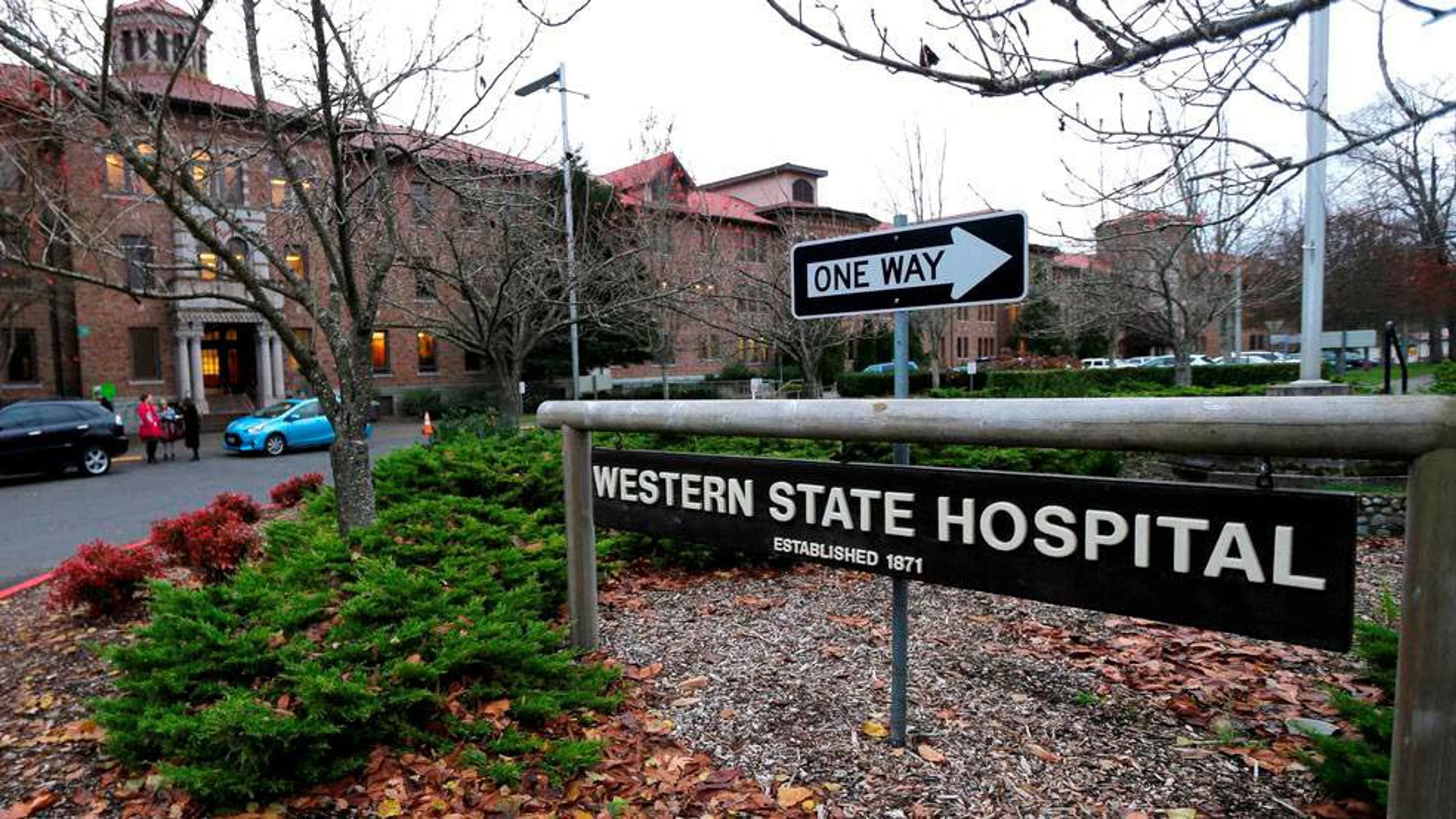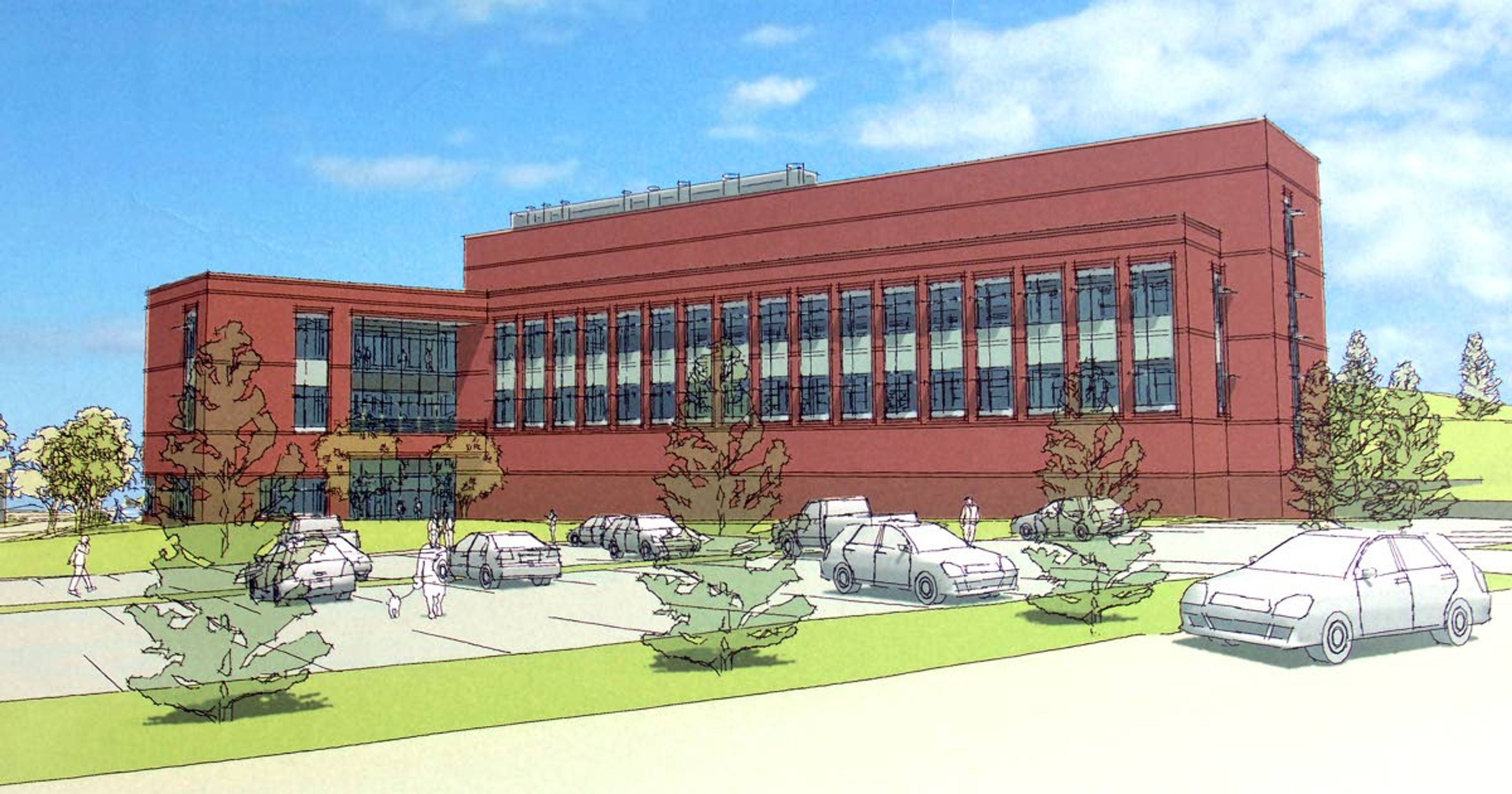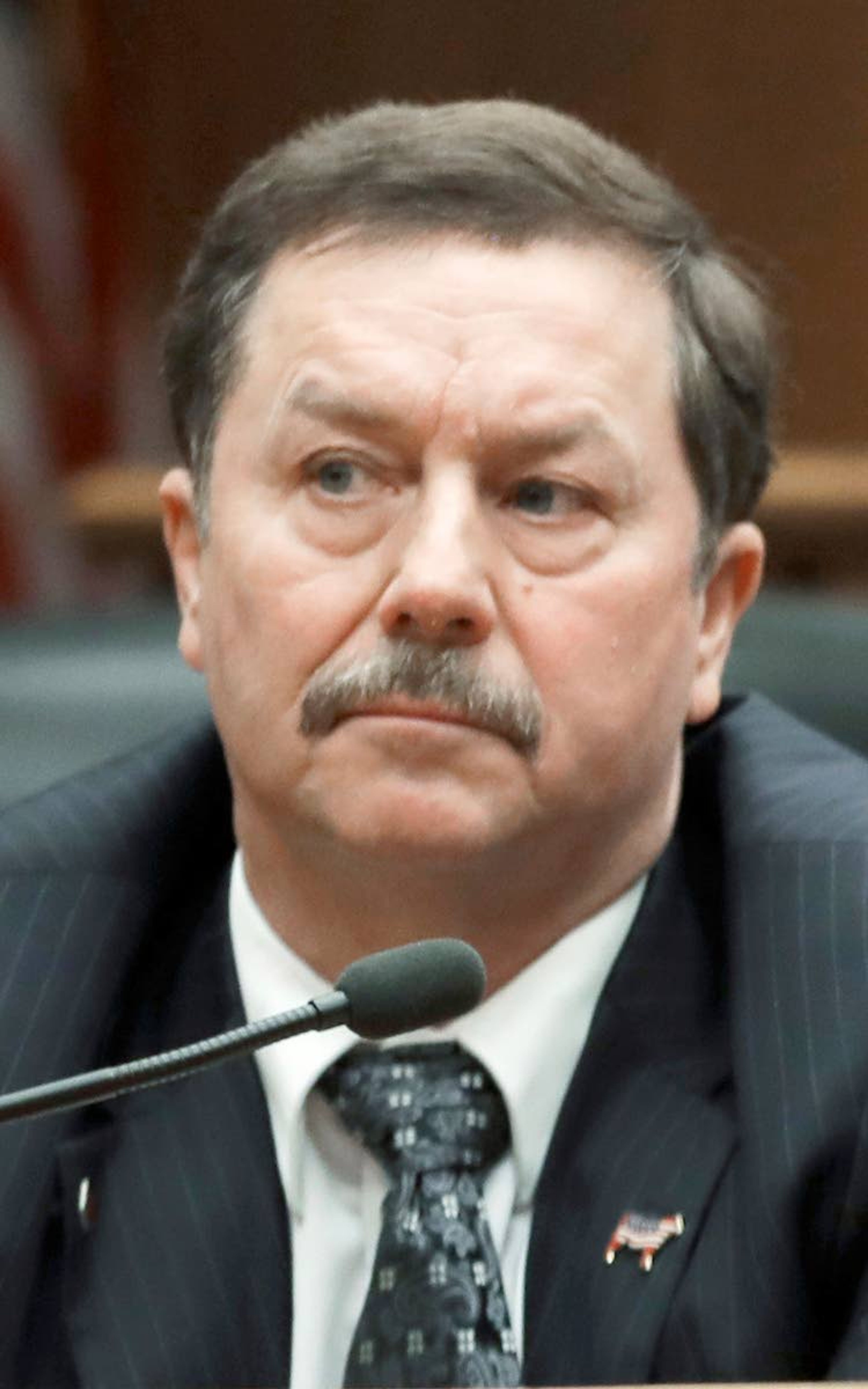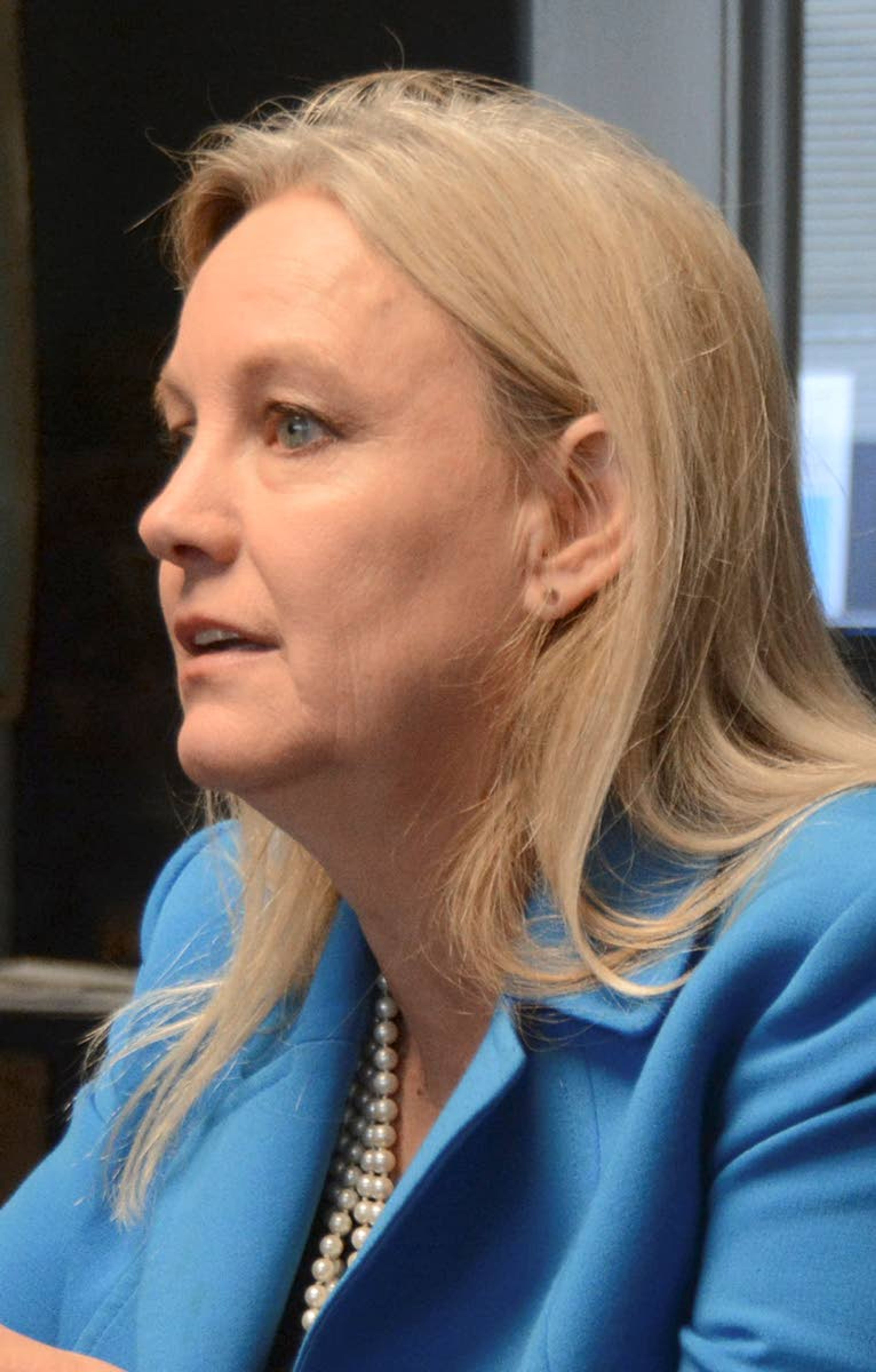Rolling up their sleeves, heading to Olympia
Back-and-forth over the budget, environment, education, housing, mental health care and taxes awaits Washington legislators as the 2019 session opens Monday
Washington Gov. Jay Inslee may have been channeling former Illinois Sen. Everett Dirksen when he unveiled his $54.6 billion budget proposal in December.
Dirksen, who served in the U.S. Senate for nearly 20 years, captured Congress’ approach to spending when he allegedly said: “A billion here, a billion there, and pretty soon you’re talking real money.”
The quote may be apocryphal, but it applies to Inslee’s 2019-21 spending plan, which calls for a $9.9 billion, 22 percent increase compared to the 2017-19 biennium.
When lawmakers gather Monday in Olympia for the start of the 2019 legislative session, one of the major questions is the degree to which they’ll support the governor’s call for what would be the largest general fund increase in state history.
Democrats picked up 10 seats in the November elections, extending their small majorities in both the House and Senate, and Inslee is clearly counting on them to push his plan over the top.
“We have 10 new legislators, and they’re all from a group who believes fairness is important,” he said.
Per the Washington Constitution, the Legislature’s 98 representatives and 49 senators will have 105 days this year to craft a budget and complete their work — although if they finish by April 28, as scheduled, it will be the first time since 2009 (in an odd-numbered year) that they’ve avoided the need for one or more special sessions.
Nearly 200 bills have been prefiled for the session. When legislators aren’t buried in the budget weeds, they’ll be debating a number of other issues, such as affordable housing and mental health reforms. By the time they’re done, they may be channeling Will Rogers:
“I don’t make jokes,” Rogers once said. “I just watch the government and report the facts.”
Among the topics set to be addressed this session are:
Real money
Inslee is asking for more than a billion dollars to help out with orca recovery efforts in Puget Sound. He also proposed a $675 million investment in Washington’s mental health system, a $2.9 billion increase in general fund support for K-12 education, and nearly $1.7 billion for employee raises and increased health benefits.
“Like many things in the state, we slashed these budgets during the recession,” he said in December. “Mental health was slashed. Our child care system didn’t keep pace with demand. We didn’t pay for basic education. This budget asks if we care enough about our children and education and clean water to make those investments.”
Senate Republican Leader Mark Schoesler, R-Ritzville, criticized the lack of innovation in the budget.
“The governor’s model is to throw money (at a problem),” he said. “This just grows government, with no guarantee that it’s going to work any better than it has in the past.”
Schoesler also suggested the proposal was designed more as a way to further Inslee’s presidential aspirations, rather than to serve as a realistic plan for Washington’s future.
“I think it was very well scripted to get him to the left of (U.S. Sens.) Elizabeth Warren and Bernie Sanders in the 2020 presidential primaries,” he said.
Inslee’s budget isn’t the only fiscal proposal lawmakers will wrestle with this session. Rep. Mary Dye, R-Pomeroy, noted that lawmakers themselves have their own ideas about how taxpayer dollars should be spent.
“It’s amazing how 98 (representatives) can come up with a million ways to spend money,” Dye said.
Go Cougs
Inslee is recommending almost $100 million in line items specifically for Washington State University.
The list includes $10.8 million for continued enrollment growth at WSU’s new medical school in Spokane, as well as $15.4 million for faculty and staff raises.
The governor’s capital budget recommends $36.4 million to complete construction of Phase II of the Global Animal Health building in Pullman, plus $27 million for a new academic building at WSU Tri-Cities and $4 million to design a new life sciences building at WSU Vancouver.
“We don’t have any major policy bills this year,” noted Chris Mulick, WSU’s director of state relations. “Our main focus is on the capital and operating budgets. How the Legislature puts the budget together this year will be interesting to watch.”
The higher education budget also proposes full funding for the State Need Grant program by 2022, when it would provide financial aid for more than 93,000 low-income undergraduate students statewide.
American dreams
Senate Republicans plan to introduce a package of bills this session to address the state’s affordable housing problem.
Some bills would make it easier to permit so-called “tiny homes” or tiny home villages in rural areas. The standalone, studio apartment-sized units are seen as a partial solution to homelessness.
Other legislation would provide property tax exemptions to seniors and disabled veterans and individuals, in certain circumstances, and give cities greater flexibility in adjusting their urban growth boundaries to respond to development pressures.
Affordable housing is a priority for Senate Democrats as well. The majority party created a new Housing Stability and Affordability Committee specifically to focus on the issue.
Longtime House Speaker Frank Chopp also lists affordable housing and homelessness as issues he’d like to address this year.
Chopp, who has served as speaker or co-speaker since 1999, will give up the speaker’s gavel after the 2019 session. He has been an advocate for low-income housing since his college days at the University of Washington. As a legislator, he helped establish the state’s Housing Trust Fund, which provides funding for affordable housing projects.
Inslee’s budget includes $140 million for the trust, plus another $93 million for rental assistance and other programs designed to combat homelessness.
A time to build
Washington’s mental health system has taken a back seat to the McCleary school funding lawsuit the past few years, but Rep. Joe Schmick, R-Colfax, thinks that’s about to change.
“I imagine we’ll spend a lot of time this session setting the course (on mental health issues) for many years to come,” Schmick said.
He said two major problems have to be addressed.
First, a December settlement agreement in the Trueblood lawsuit requires the state to improve its handling of mentally ill criminal defendants.
The lawsuit accused the state of taking too long to provide competency hearings and mental health treatment for defendants, so they can assist in their own defense. The settlement aims to reduce delays by hiring more evaluators, increasing the number of beds available in state mental hospitals, and providing more community-based services to keep mentally ill people from entering the criminal justice system in the first place.
While it’s tackling that issue, Schmick said, the Legislature also needs to backfill the $53 million in federal funding that was lost this past summer, when the Centers for Medicare and Medicaid Services decertified Western State Hospital after years of safety and code violations.
The governor’s budget recommendation includes $47 million for a new ward at Western State Hospital, plus $56 million for safety improvements at Western and Eastern State Hospital. Another $7.5 million would go toward starting the design work on a new, 500-bed psychiatric facility, and $31 million would be used to build several small, community-based residential treatment centers.
Inslee is also recommending a $110 million investment to expand capacity by community service providers, as well as $70 million to improve community treatment and alternative placement options.
Tax policy
To pay for all his ideas, Inslee is proposing nearly $4 billion in new taxes, including a 9 percent capital gains tax, a higher business and occupation tax on service providers and a revamped real estate excise tax.
Democrats have previously discussed a capital gains tax, but never voted on a bill. Republicans have long maintained that such a tax would be unconstitutional.
“It’s an income tax, and Washington voters have consistently said no to an income tax,” Schoesler said. “Some people just don’t get it.”
In a 2018 report, the Washington Policy Center noted that the Internal Revenue Service classifies capital gains as income, as does every state that has a capital gains tax.
Inslee said taxing gains on the sale of stocks, bonds and other assets represents a small step toward improving Washington’s regressive tax structure.
“Democrats don’t believe we should just have a trickle-down society,” he said. “Only about 1.5 percent of the (wealthiest) individuals in the state would be affected. We’re asking those who have done so well to chip in a bit more and make the system a little fairer.”
State of the State address
Washington Gov. Jay Inslee will give his 2019 State of the State address on Tuesday, beginning at noon Pacific Time. The speech will be streamed online at www.tvw.org.
